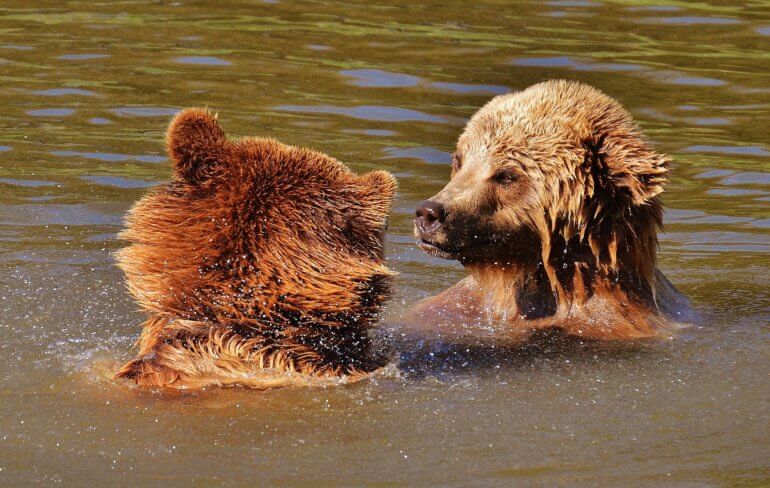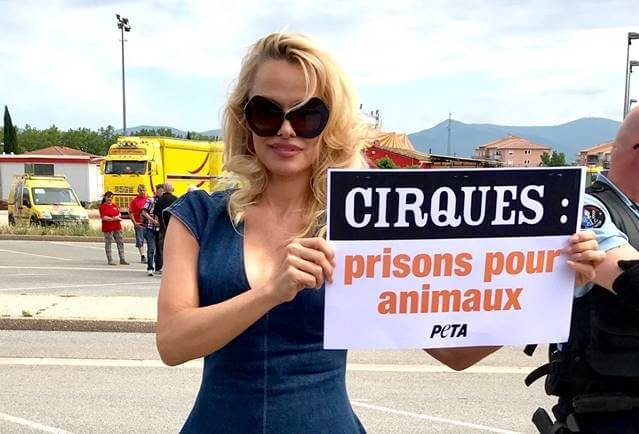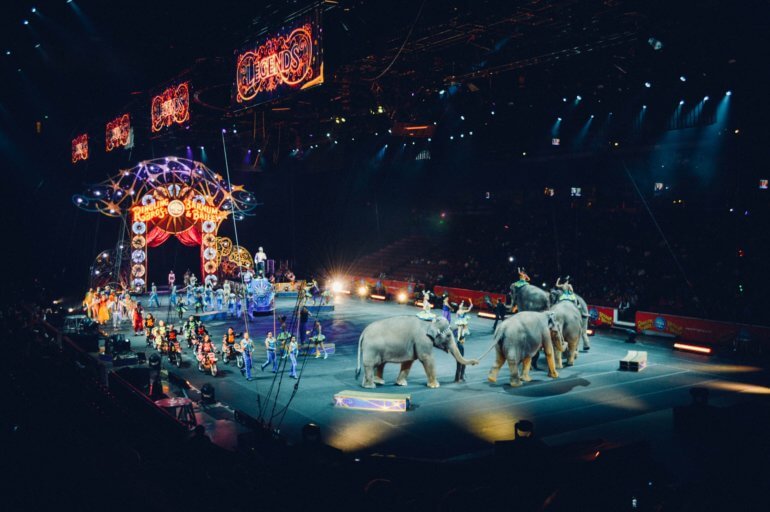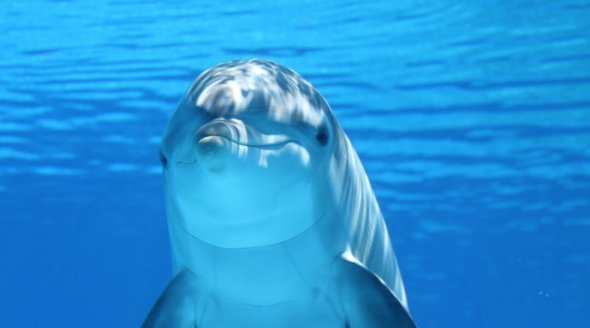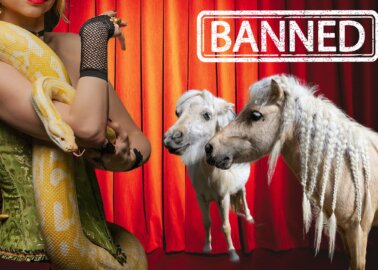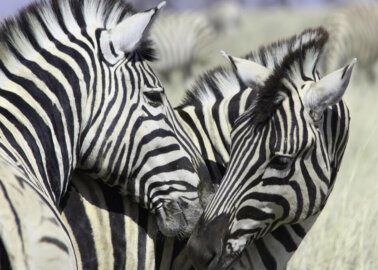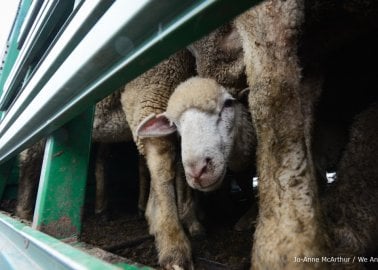Paris to Say Au Revoir to Wild-Animal Circuses
Great news for animals: Paris is turning its back on wild-animal circuses. This week, the Council of Paris adopted a resolution that will ban all circuses with wild animals from the city by 2022.
Pénélope Komitès, the deputy mayor of Paris responsible for green spaces, nature, and biodiversity, explained the move:
This is a logical decision that reflects the changing times. We’ve been discussing the options with all relevant parties. We will help the circus workers during the three-year transition period.
PETA France and other animal rights organisations have been calling for a ban on animal circuses in France for many years, and Pamela Anderson joined them in writing a letter to the mayor of Paris asking her to outlaw performances by wild-animal circuses in the capital.
The Council Will Support Circuses Through the Transition
Three circuses in Paris are currently licensed to use wild animals – the city stopped issuing new licences back in 2017. During the transition period, the city council will offer financial support to the circuses, and according to Komitès, it’s already helping one of them retire the animals to facilities with “conditions that are suited to their needs and welfare”.
Wild Animals Don’t Belong in Circuses
Forcing wild animals to perform confusing tricks is a barbaric practice that has no place in a compassionate society.
Animals in circuses have been either born in captivity or taken from their homes and enslaved – solely for the sake of entertainment. They’re condemned to a sad and frustrating existence – carted from one venue to another in cramped cages and barren trailers – and trained to perform tricks under the threat of punishment.
In nature, elephants walk long distances, swim, explore, play, and enjoy complex social relationships. But in circuses, they’re chained inside tents or confined in isolation to concrete enclosures, denied everything that’s natural and important to them.
Most big cats range over large territories in their native habitats, so when they’re kept in captivity, they frequently exhibit stereotypic behaviour, such as pacing.
As the British Veterinary Association has said, “The welfare needs of non-domesticated, wild animals cannot be met within the environment of a travelling circus, especially in terms of accommodation and the ability to express normal behaviour.” In other words, animals forced to perform will always suffer – the only humane option is to keep them out of circuses altogether.
What You Can Do for Animals in Captivity
Never, ever attend a wild-animal circus or visit any other exhibit that exploits animals for entertainment. Instead, opt for animal-friendly family activities.
Please also speak out for marine animals held in captivity by urging TUI to stop selling tickets to SeaWorld:

